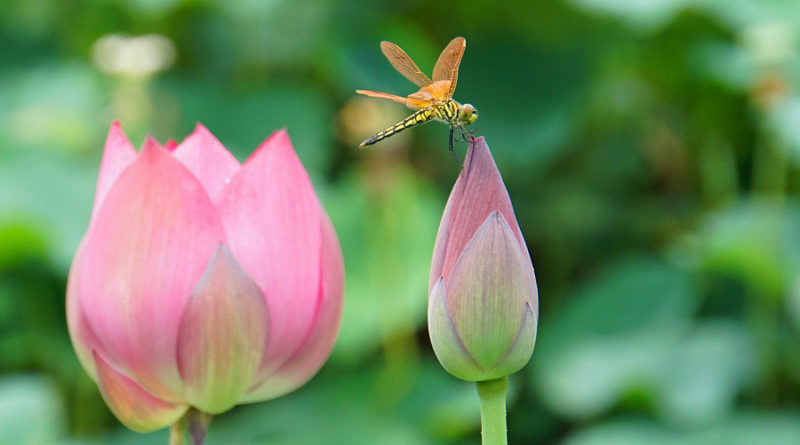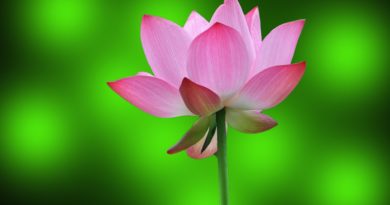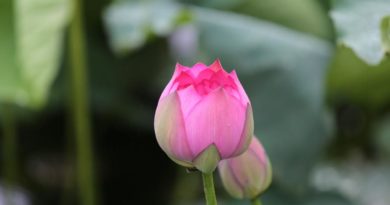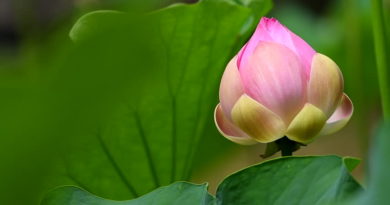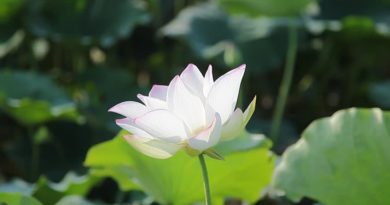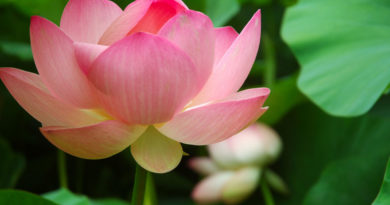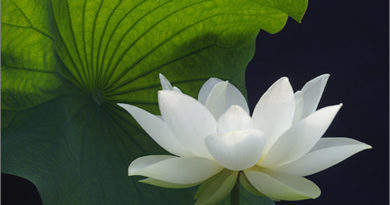2. Dukanipāta 7. Sukhavaggo
Aṅguttara Nikāya
2. Dukanipāta
7. Sukhavaggo
65. Bhikkhus, there are two kinds of pleasantness. What two? Household pleasantness and the pleasantness of one gone forth. Of these two, the pleasantness of one gone forth is better.
66. Bhikkhus, there are two kinds of pleasantness. What two? Sensual pleasantness and the pleasantness of giving up sensuality. Of these two, the pleasantness of giving up sensuality is better.
67. Bhikkhus, there are two kinds of pleasantness. What two? The pleasantness with substratum and the pleasantness without substratum. Of these two, the pleasantness without substratum is better.
68. Bhikkhus, there are two kinds of pleasantness. What two? The pleasantness with desires and the pleasantness without desires. Of these two, the pleasantness without desires is better.
69. Bhikkhus, there are two kinds of pleasantness. What two? Material pleasantness and immaterial pleasantness. Of these two, immaterial pleasantness is better.
70. Bhikkhus, there are two kinds of pleasantness. What two? The noble pleasantness and the ignoble pleasantness. Of these two, the noble pleasantness is better.
71. Bhikkhus, there are two kinds of pleasantness. What two? Bodily pleasantness and mental pleasantness. Of these two, mental pleasantness is better.
72. Bhikkhus, there are two kinds of pleasantness. What two? Pleasantness with joy and pleasantness without joy. Of these two, pleasantness without joy is better.
73. Bhikkhus, there are two kinds of pleasantness. What two? Pleasantness on account of agreeability and pleasantness on account of equanimity. Of these two, pleasantness on account of equanimity is better.
74. Bhikkhus, there are two kinds of pleasantness. What two? Pleasantness on account of concentration and pleasantness on account of distraction. Of these two, pleasantness on account of concentration is better.
75. Bhikkhus, there are two kinds of pleasantness. What two? Pleasantness with joy for an object and pleasantness without joy for an object. Of these two, pleasantness without joy for an object is better.
76. Bhikkhus, there are two kinds of pleasantness. What two? Pleasantness on account of an agreeāble object and pleasantness on accout of equanimity for an object . Of these two, pleasantness on account of equanimity for an object, is better.
77. Bhikkhus, there are two kinds of pleasantness. What two? Pleasantness born on account of a material object and pleasantness born, on account of an immaterial object. Of these two, pleasantness born, on account of an immaterial object is better.

